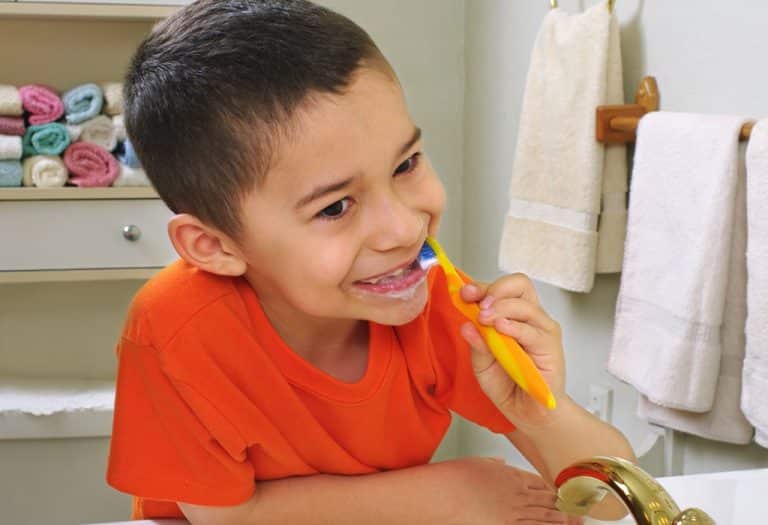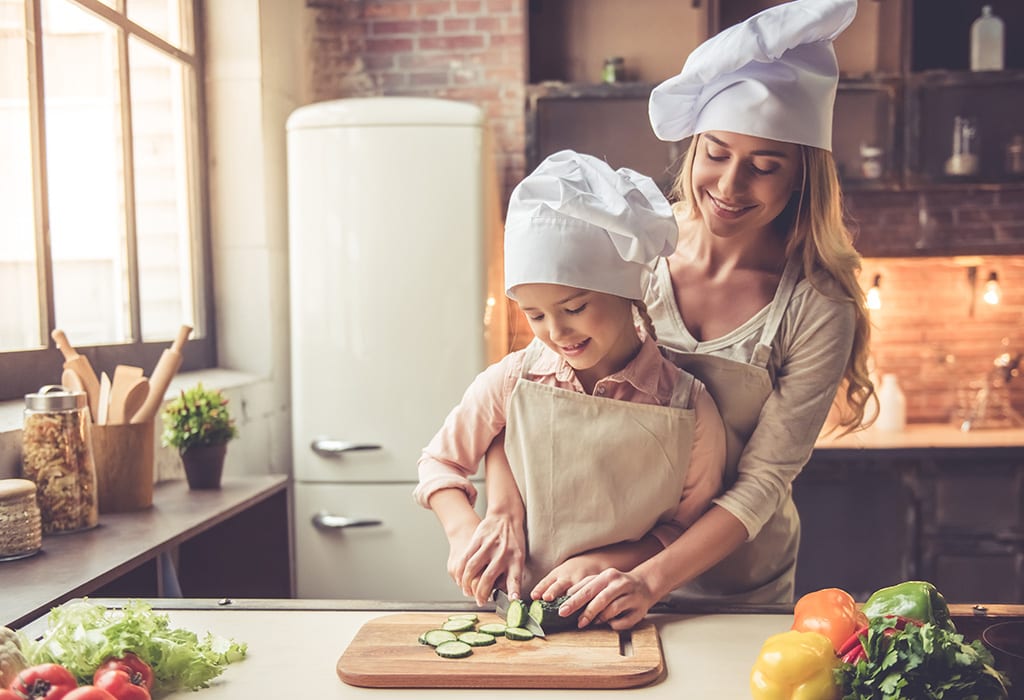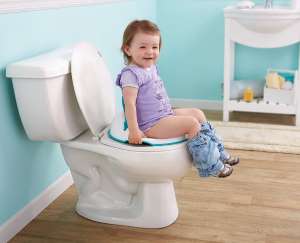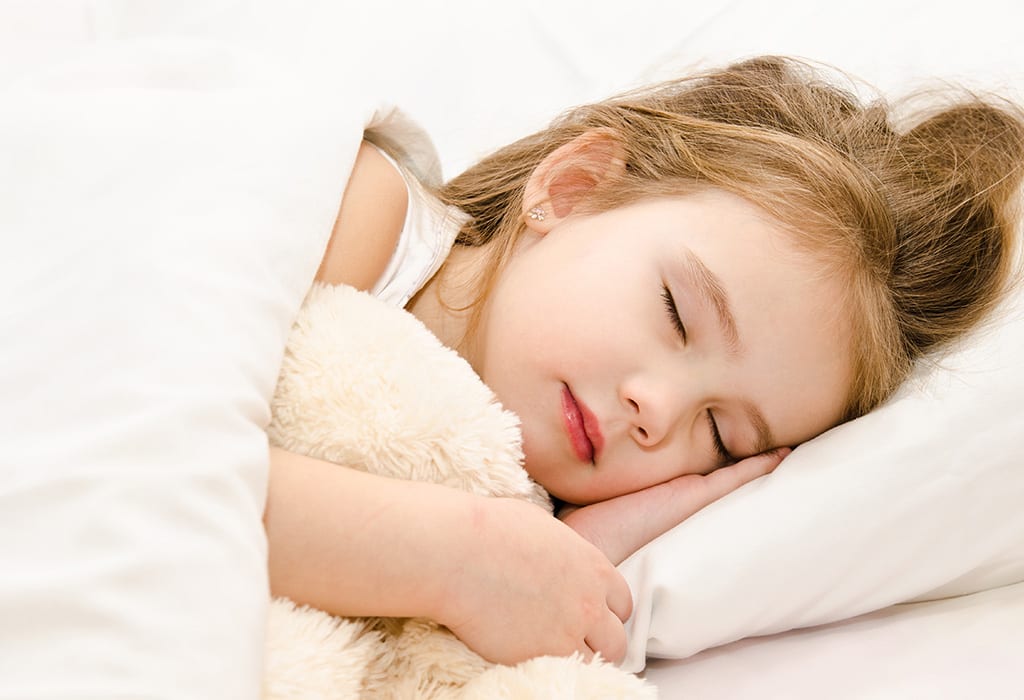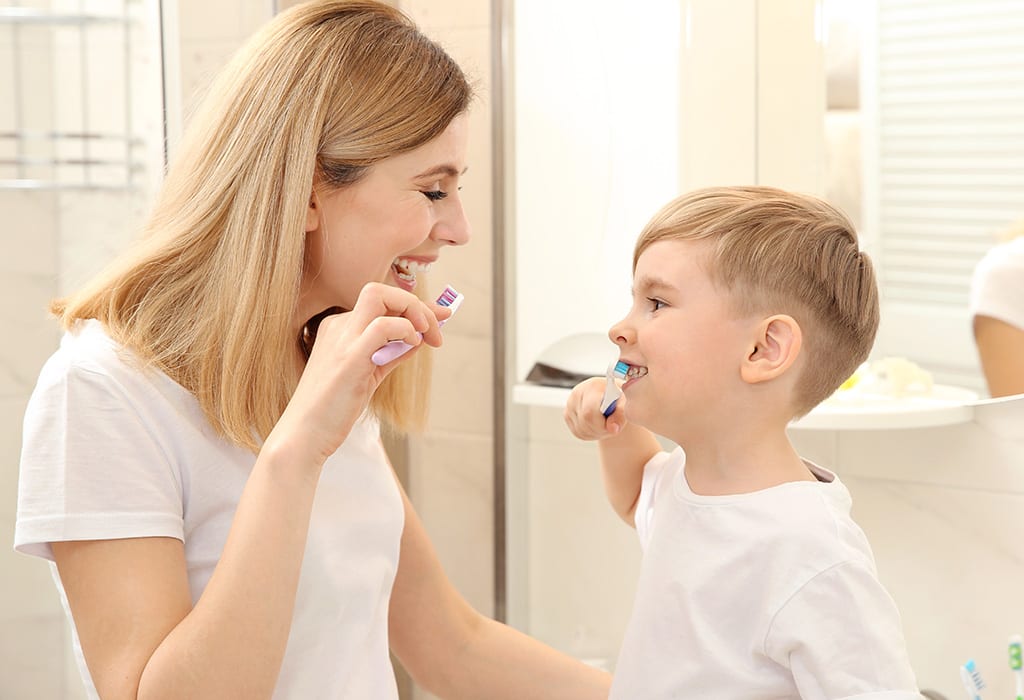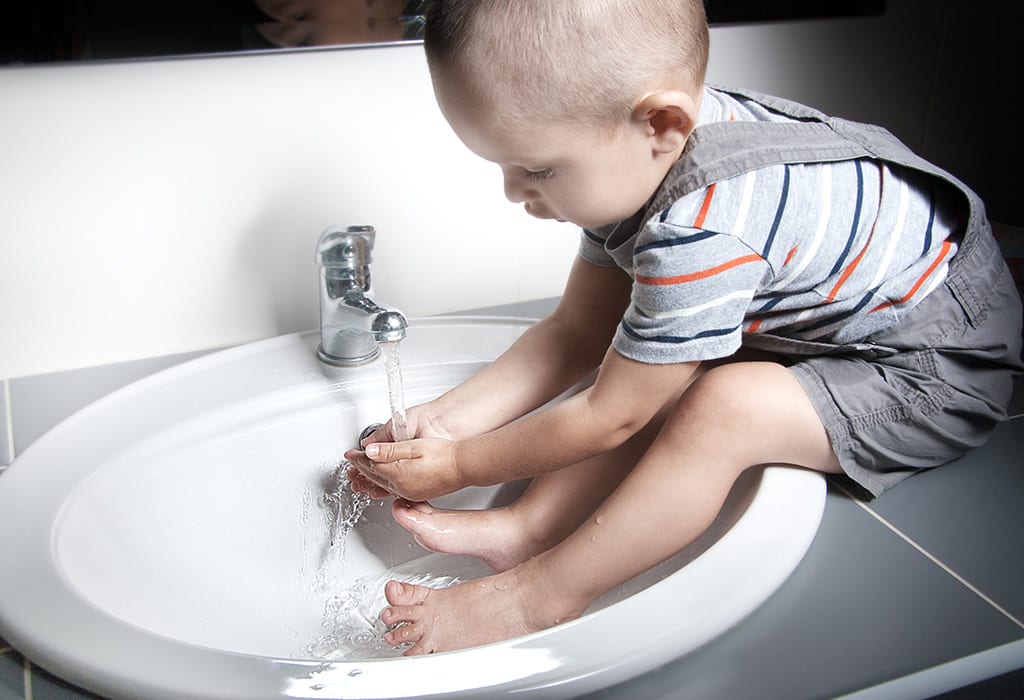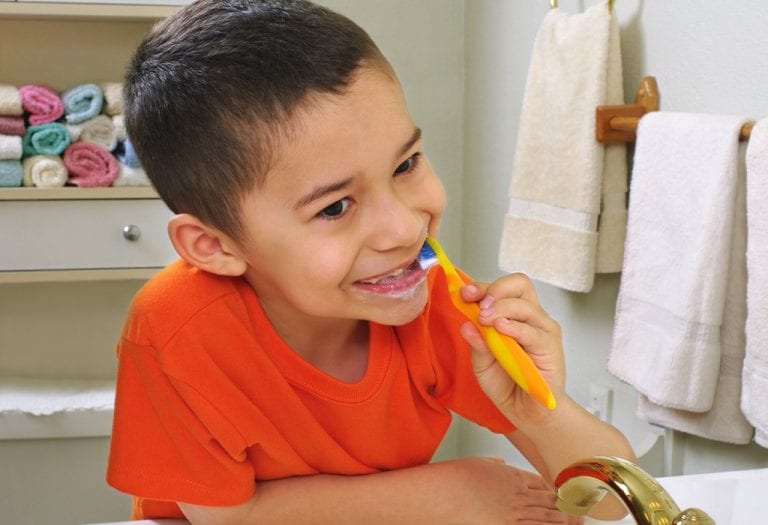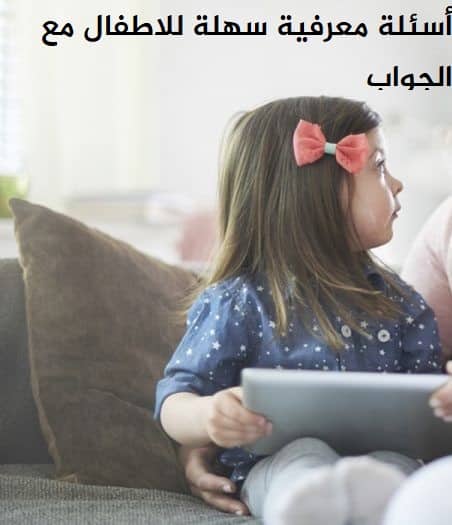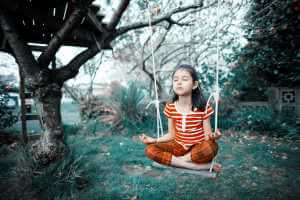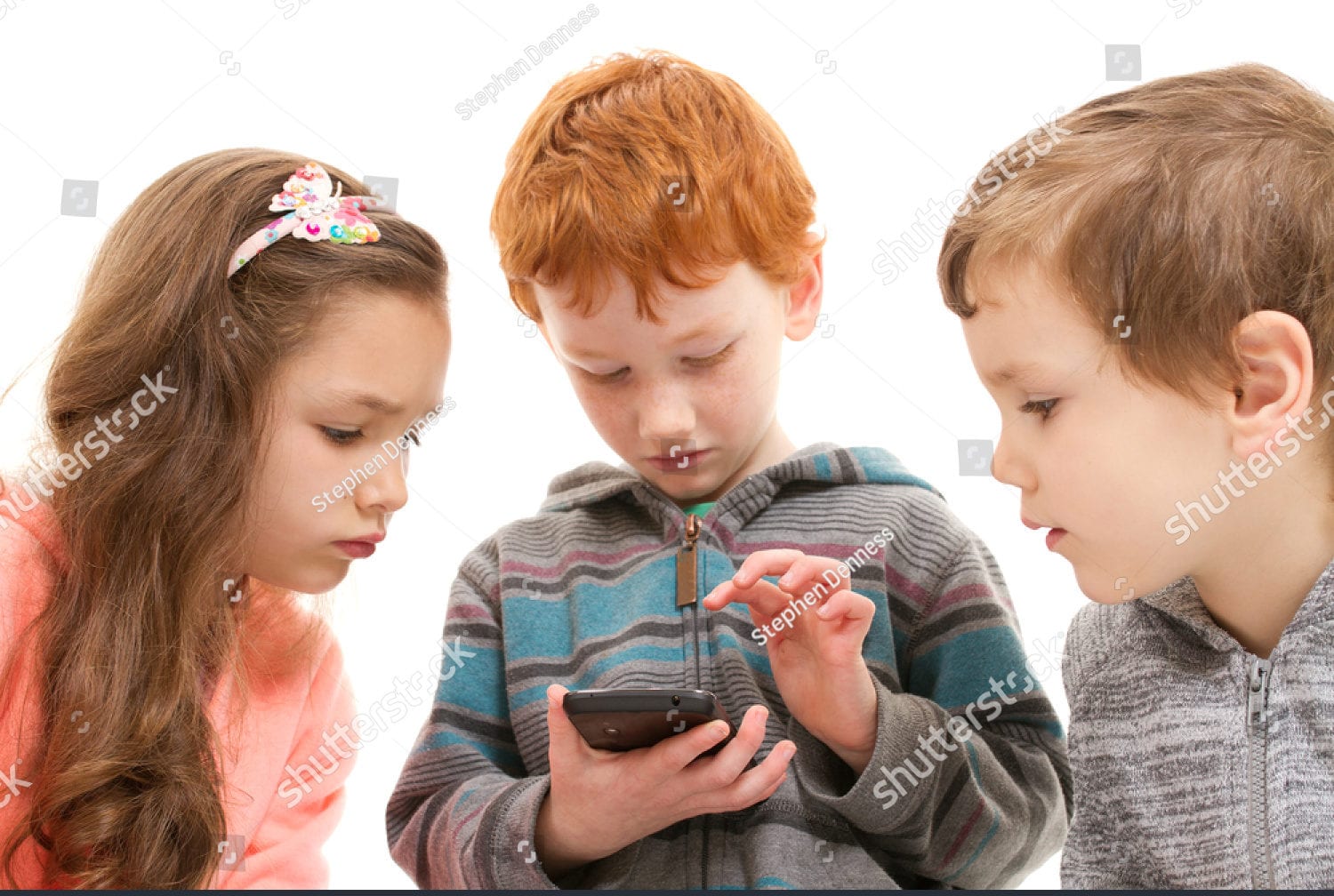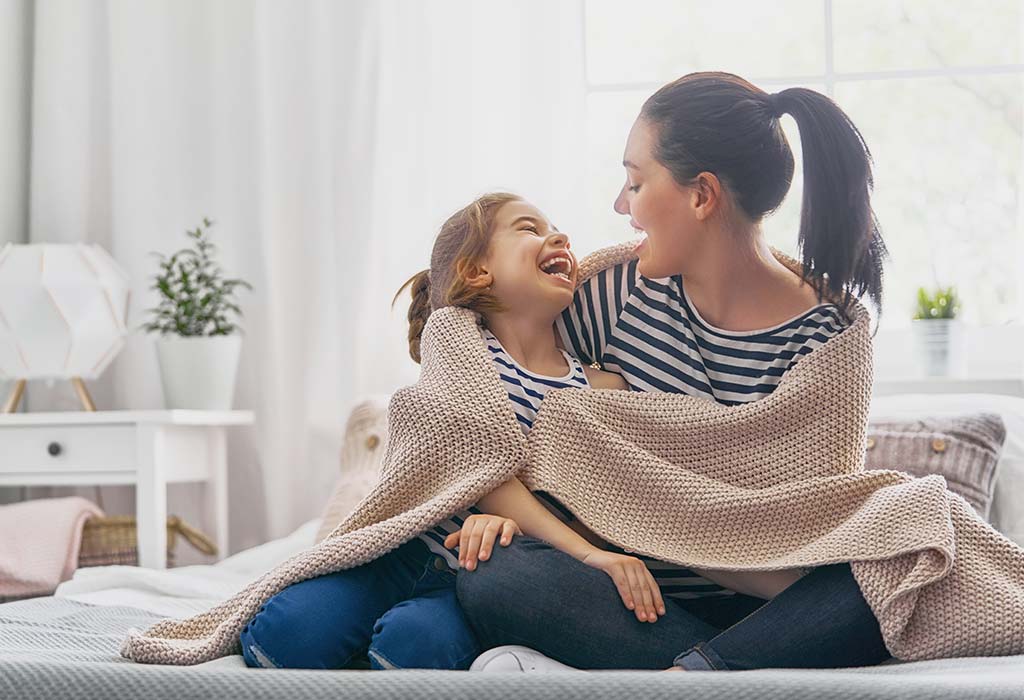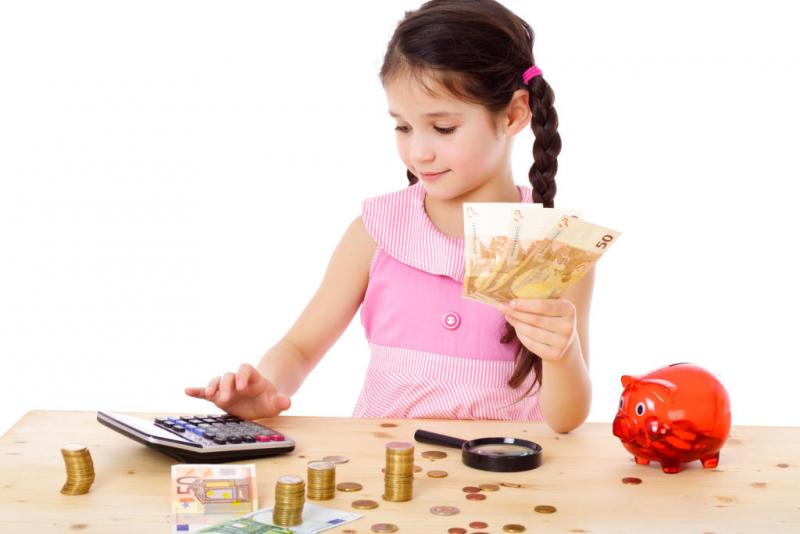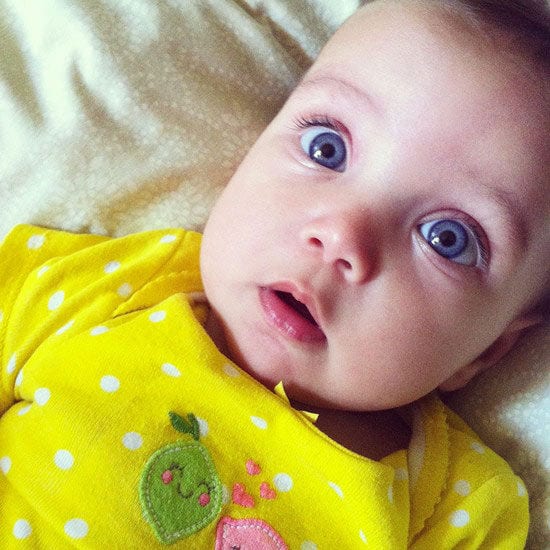Teaching children as they grow up is both an engaging and challenging process. These little hands are constantly reaching for whatever they can grasp, and this may not always be a good sign. Some of the objects they touch may be clay, doorknobs rife with bacteria, or unsanitary outdoor food, all of which can cause problems in the form of transmissible diseases.
If planted Healthy habits At an early age it is important to ensure your children stay safe and healthy.
Why is personal hygiene important for children?
Following healthy practices andproper hygiene For children, it is very important and helps keep germs and diseases out. Whenever touched dusty areas Deadly microorganisms can get onto their hands, into their food, and eventually into their stomachs, where they can become infected and cause illness.
Certain habits can serve as a foundation for ensuring children's health and hygiene. The best way to help your child understand this is to teach them hygiene, of course, through early training. Read about some common practices that help instill good personal hygiene practices in children:
13 Healthy Habits That Are Better for Kids
Healthy food for children:
can perform Eating habits Unhealthy food can lead to food poisoning and conditions such as: diarrhea Or vomiting Or stomach painAs a parent, you need to ensure that hygiene is proper when preparing, serving, or feeding food to your child.
When teaching your child about food hygiene, start with the basics and explain how germs and bacteria cause illness. Let them understand how these infections can infect their bodies and spread from their hands to their food and then to their bodies.
-
cleaning hands:
Make sure your child knows how to washes his hands Wash thoroughly with soap before and after eating, and wipe with a clean cloth. Wash/change cloth frequently.
-
Food storage:
Healthy eating habits also include proper storage. Teach your child how to separate and store food in the refrigerator and also inform them about foods that can be left out. Never leave any food uncovered and keep lids clean to avoid bacterial contamination.
-
Cooking food:
- If you are the one who does most of the cooking, make it a habit to follow proper hygiene practices.
- Always use an apron and tie your hair.
- Roll up your sleeves to avoid stains or grease on your clothes.
- Don't cough or sneeze on food. Always clean your hands to prevent food from being contaminated with germs. Sanitize/wash your hands thoroughly before touching food again.
Hand hygiene for children
cleaning hands Frequently can reduce the chances of developing diseases such as: diarrheaThe simplest way to practice hand hygiene is to teach your child how to wash their hands thoroughly. Show your child a step-by-step demonstration of how to wash their hands and ensure they get all the steps right.
- Wet your hands with water.
- Apply soap to your hands and rub well to form a lather.
- Make sure your child cleans even between the fingers and under the nails.
- Wash off the soap completely with clean water.
Good hygiene for children includes keeping their hands clean at all times. Encourage your child to develop the habit of washing their hands every time after:
- Use the bathroom
- play outside
- House cleaning
- touch an animal
- Meet a sick friend
- Sneezing or cough
- Before and after eating their food
Establishing a sleep culture for children
Sleeping It is very important for both children and adults, as the body uses this period to renew its cells and record memories. Sleep hygiene includes everything that helps your child get good night's sleepThis helps you create a “wake during the day, rest at night” pattern for your child so they can get enough sleep at night so they can stay active during the day. You can also teach them The importance of sleep To make them more interested in learning its benefits.
As children grow, they will need at least 10 hours of sleep a day. Here are some ways you can establish good sleep habits in your child:
- Avoid letting your child sleep at odd hours during the day so that he sleeps well at night.
- The bed should be used only for sleeping and not for watching TV or doing homework.
- Create a comfortable environment. You can have dim lights to allow your child to relax. You can also try singing. Lullaby.
Keep tools and alarms out of reach of children to avoid waking them up. - Put your child to bed at a set time every day.
Audio speech for children:
Here are a few techniques you and your child can use to help them develop a more normal voice. Most children can: Developing the habit of screaming A lot. If left unattended and ignored, your child's vocal cords can suffer from excessive stress and damage.
- Keep your child hydrated and give him enough water to drink daily.
- Avoid giving them cold drinks or ice cream.
- Encourage your child to speak in one tone during the conversation.
- Children can sometimes clear their throats, which can affect the way they sound. Always discourage them from doing so.
- Prevent them from screaming or whispering too much.
oral hygiene
It is also important to take care of your mouth andYour child's teethWithout proper care, your child can develop a cavity. the teeth وbad breath and other oral diseases. Although baby teeth eventually fall out, they play a key role in helping with eating and speech development. So, here are some ways you can keep your child's teeth healthy:
- Make sure your child He brushes his teeth twice. At least a day.
- Always use a brush. baby teeth Because they are smaller and also soft on your baby's developing gums.
- For the first 12 months, wipe your baby's gums with a clean washcloth. When the first set of teeth appears, gently brush the surface with a toothbrush and some water.
- Let your child start using toothpaste When he is about two years old.
- Sweet food should not be left around the teeth for too long as it can cause tooth decay.
- If your child has a loose tooth at age 6, have him/her wiggle the tooth so that it falls out without pain or bleeding.
Teeth health
You know it's important to brush your child's teeth to keep them healthy. But few know the correct way to brush their teeth. Here are some ways you can keep your child's teeth healthy. At first, brush their teeth yourself and slowly teach them the correct way to do it.
- Keep the brush at a 45 degree angle. gum Your child.
- Gently move the brush back and forth.
- Clean all surfaces of your child's teeth (outer, inner, and chewing areas).
- To thoroughly clean the inner surface, you can place the brush vertically and move it up and down.
- Brush your tongue to remove any bacteria.
You can also use dental floss to ensure your child stays away from cavities.
- Take about 18 inches of floss and wrap the ends around either of your middle fingers.
- Hold the floss between your thumb and forefinger and insert the floss inside your child's teeth.
- While holding the floss in a C-shape, gently rub the floss while keeping it pressed against the tooth.
- Make sure to clean your teeth thoroughly and get your jaw teeth cleaned as well.
Hair care for children
Can cause cleanliness Hair Bad in your child problems like Dandruff وLice and other scalp infectionsYour child can get these things while playing with friends on the playground or even by contracting them from another child in their environment. To avoid these infections, you should teach your child to take care of their hair and scalp.
- wash Your child's hair At least twice a week to keep it free from grease and dirt.
- Helping your child learn how to scalp wash Wash well with shampoo and rinse with water.
- If your child suffers from head lice , so make sure to treat it immediately.
- If your child has long hair, encourage them to keep their hair mostly tied back to avoid tangling.
- Teach your child to avoid sharing his comb, pillow, or hat with other children as well.
nail health
that nails Children accumulate a lot of dirt and microbes as they often play outside in sand, mud or simply dirty areas. Both children and adults use their fingertips extensively which leads to nail injury or contamination.
- Children tend to bite their nails. Discourage them from doing so because they may end up ingesting microbes found under their nails.
- Trim your child's nails frequently.
- Teach your child to scrub and wash under their nails thoroughly to ensure they are clean at all times.
- Help your child wash their hands after every time they pet an animal, play outside, cough or sneeze, and before and after eating.
- Also pay attention to toenails When your child has a toothache, cut it regularly.
Proper bathing
The best way to keep your baby clean and healthy at all times is to bathe him regularly. Some healthy hygiene habits include:
- Teach your child to shower twice a day, before going to school and after coming back.
- Encourage him to clean different parts of the body such as: armpits and thighs Legs and feet.
- Make sure to apply soap every time they bathe.
- Monitor your child and advise him to take extra care when cleaning his face because the skin is more delicate here.
foot hygiene
When bacteria interact with the sweat on your child's feet, they can become infected. to smell badThis happens if your child wears shoes all day, especially without socks. This leads to a buildup of dirt and bacteria on your child's feet. Some personal hygiene habits for children can help keep those smelly feet at bay:
- Make sure your child washes his feet every time he takes a bath.
- Keep your feet clean by washing them with soap and draining them properly.
- Always clean between the toes, on the underside of the foot, and also under the toenails to keep microbes away.
- Teach your child to keep their shoes clean to avoid germs.
- Use moisturizer to keep your feet soft at all times.
toilet culture
Bathroom or toilet It's one of the places in the house that harbors the most germs. As long as the bathroom is clean and your child is taught proper toilet hygiene, you can avoid all bathroom-borne diseases.
- Teach your child to wipe or wash after each time.
- Teach them how to wipe themselves.
- Remind them to wash their hands every time they use the bathroom.
- A good way to help them learn is to stay with them and guide them through the entire process. Also, have your child look at the scan each time they scan.
Cough and sneeze culture
You can't always protect your child, and some illnesses here and there can help. Improving immunitySo there is a higher side of illnesses as well. Sometimes, your child can get sick. with a cough or cold.
- Prevent your child from spreading infection by teaching them how to sneeze or cough by covering their mouth.
- Also, instead of using their hands, encourage your children to use their sleeves or elbows instead. This prevents the spread of germs from their hands.
Home hygiene
Apart from all the above mentioned types of hygiene, your child should also follow some hygiene at home as this can also build up as child etiquette.
- Teach your child to wear clean clothes every day. If your child loves a particular dress, teach them to wear it only when it's clean.
Instilling cleanliness habits and ideas.
- Teach them to clean their plates after eating and put them in the sink, and to wash their hands afterward.
- If your child spills something in the house, teach them how to clean it up. If they're too young to do this, help them clean it up.
Tips for teaching your children personal hygiene
You can't teach your child all of the above hygiene habits overnight. Teaching children proper hygiene requires patience. Accidents may occur here and there, but avoid scolding your child because they are still learning. Here are some tips to follow when teaching your child about hygiene:
- Explain the difference: Start by explaining all the good and bad habits. You can start with something your child already knows.
- Tell them why: Make them understand why they should maintain good hygiene and why something is good or bad.
- Praise and encouragement: Praise them When they do something good. It could be as simple as washing their hands or sneezing into their sleeve.
- Start with the basics: Have your child wash his hands first and then move on to bigger things like brushing, bathing, food hygiene, etc.
- Set an example: Children learn by watching you, so give them a demonstration. Show them the correct way to do something so they learn faster.
- Educate them: Tell them about the different types of germs and microbes that cause disease. Tell them what happens if they get these germs into their bodies.
- Make learning more fun for them: This way they can remember better. Try including games and other fun activities whenever you teach them cleanliness.
You may have to leave your child several times or be too busy to watch them. Teaching your child about hygiene can help them take care of themselves even when you're not with them.
